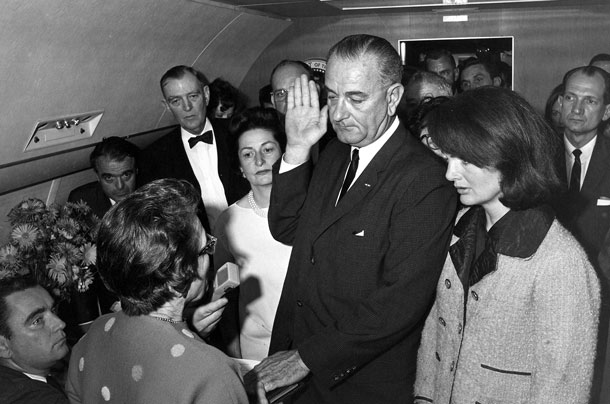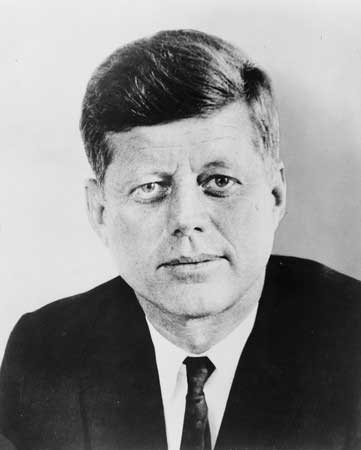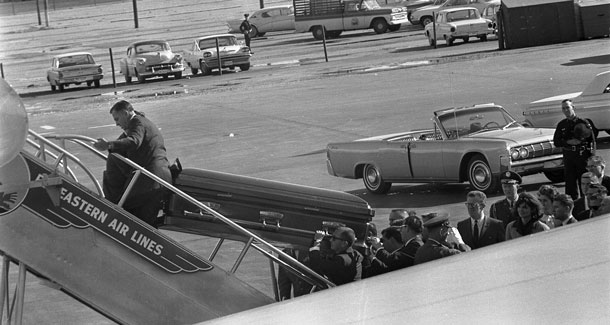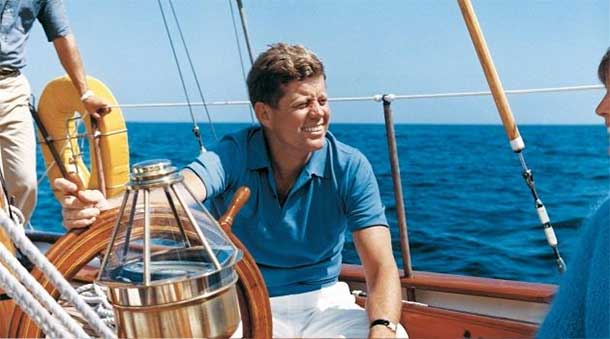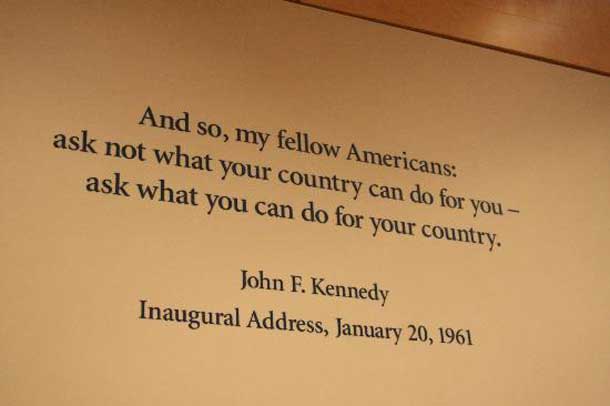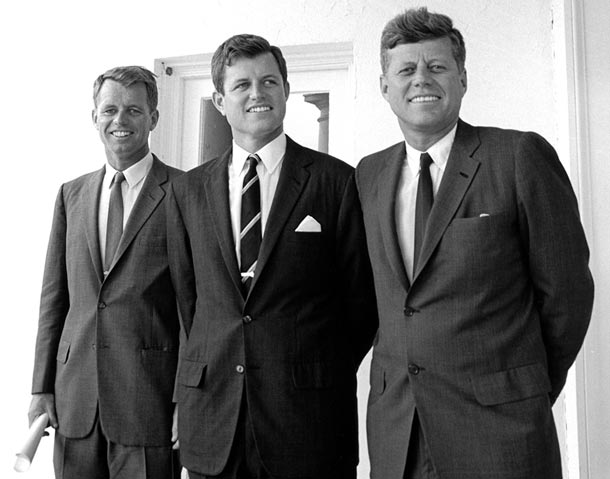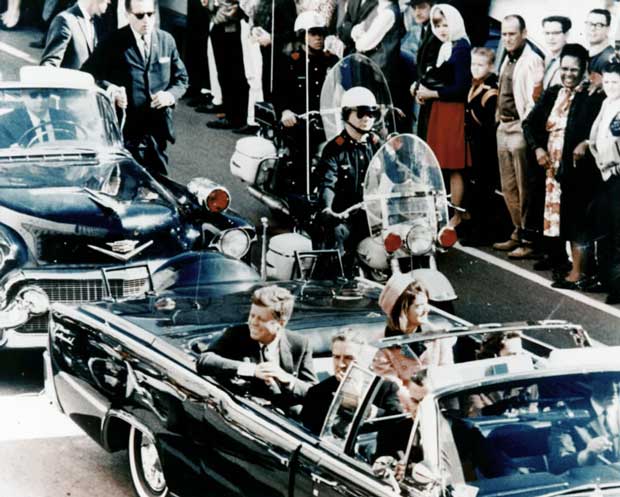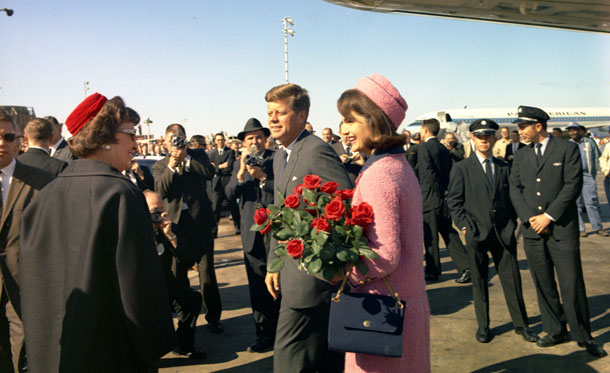
November 22 marked the anniversary of John F. Kennedy’s assassination, an event shrouded in mystery and controversy
The Day That Changed America
On November 22, 1963, John F. Kennedy, the 35th President of the United States, was fatally shot while riding in an open-top limousine through Dealey Plaza in Dallas, Texas. The world watched in shock as the youthful, charismatic leader was struck down, leaving a profound impact on global politics, American society, and the course of history.
Lee Harvey Oswald, a former U.S. Marine with Soviet ties, was quickly arrested and charged with the assassination. However, Oswald was killed two days later by nightclub owner Jack Ruby, fueling doubts about the official explanation of events.
The Conspiracy Theories That Persist
While the Warren Commission concluded in 1964 that Oswald acted alone, skepticism about the lone-gunman theory has persisted. Here are some of the most notable conspiracy theories:
1. The Grassy Knoll
Eyewitness accounts from Dealey Plaza describe hearing gunfire from the infamous “grassy knoll.” This led many to believe there was a second shooter. The House Select Committee on Assassinations later concluded in 1979 that Kennedy was “probably assassinated as a result of a conspiracy,” citing possible acoustic evidence of multiple shooters.
2. CIA Involvement
Some theorists argue that elements within the CIA orchestrated the assassination due to Kennedy’s perceived soft stance on communism and his plans to reform the intelligence community. Recently declassified documents reveal internal dissent over Kennedy’s leadership, adding fuel to these claims.
3. The Mafia Connection
Another theory implicates organized crime figures who were allegedly angered by Kennedy’s brother, Attorney General Robert F. Kennedy, and his crackdown on the mob. Figures like Sam Giancana are often linked to this narrative.
4. Cuban Connection
Kennedy’s failed Bay of Pigs invasion and tense relations with Fidel Castro’s Cuba have sparked theories of Cuban retaliation. Oswald’s supposed sympathies for pro-Castro groups bolster this line of speculation.
5. Military-Industrial Complex
President Kennedy’s push for de-escalation in Vietnam and his opposition to Cold War militarization led some to speculate that he was targeted by defense contractors or military leaders fearing reduced profits and influence.
Impact of JFK’s Assassination
The murder of John F. Kennedy profoundly altered the American political landscape and public trust. It ushered in a wave of skepticism toward government institutions, giving rise to the modern conspiracy theory culture. His death also marked a turning point in the 1960s, a decade already rife with social upheaval, racial tensions, and the Vietnam War.
Kennedy’s vision for a more unified and equitable America became a symbol of lost potential. His policies, including the Civil Rights Act (signed into law by Lyndon B. Johnson in 1964), space exploration goals, and emphasis on global diplomacy, laid the groundwork for key changes in American society.
Thunder Bay’s Reflection on JFK’s Legacy
While Thunder Bay may seem distant from the events of Dealey Plaza, the reverberations of Kennedy’s assassination were felt worldwide. Northwestern Ontario, like much of Canada, mourned the loss of a leader whose policies resonated globally, particularly his focus on diplomacy and unity during a period of Cold War tensions.
Conclusion: A Legacy That Endures
Decades later, JFK’s assassination remains one of the most debated events in history. As new documents continue to be declassified, the mystery surrounding that fateful day in Dallas persists, ensuring that Kennedy’s life, death, and legacy remain central to historical and cultural discourse.

